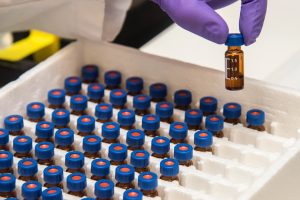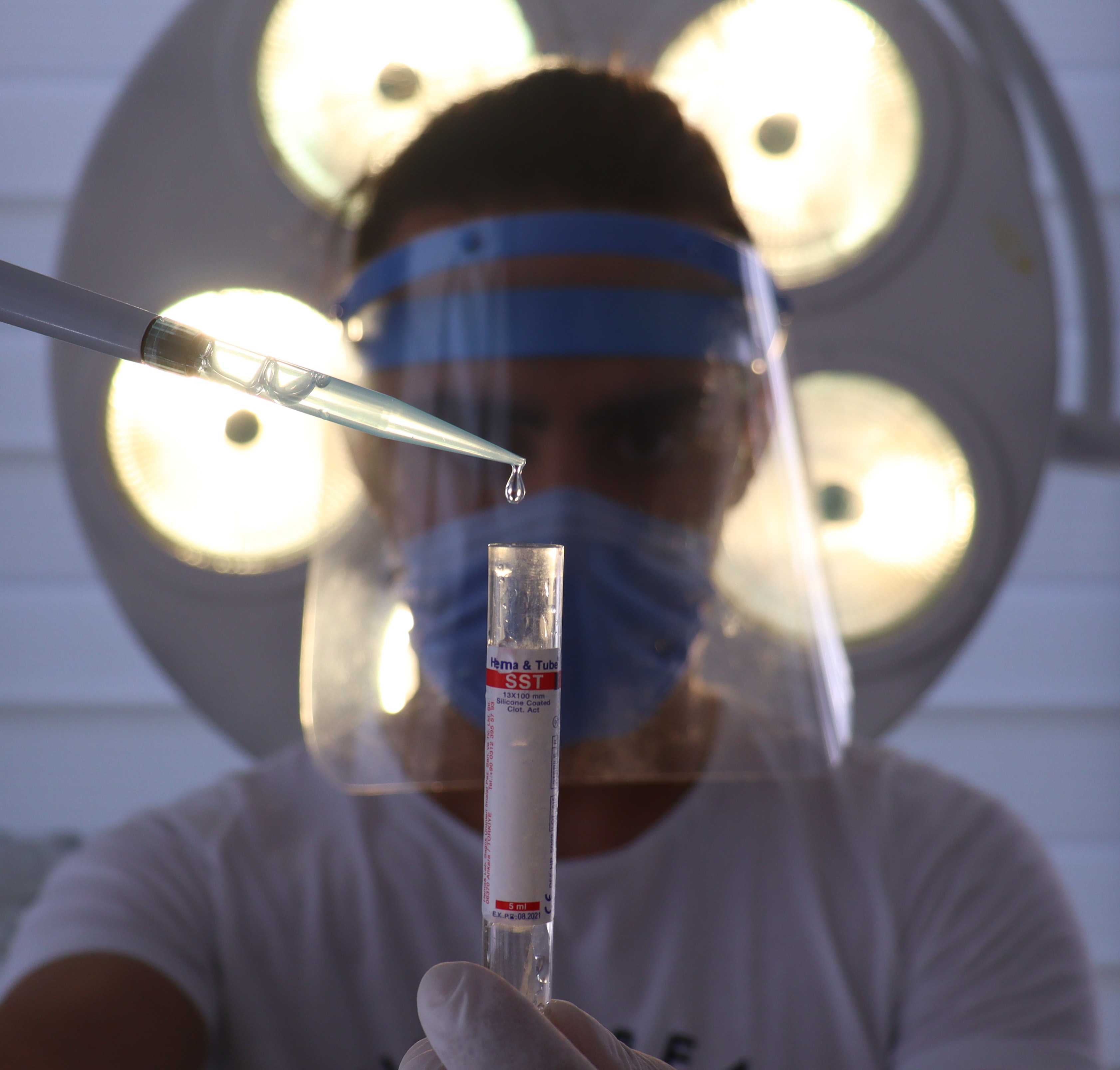Dr. Robert Nagourney is saving lives by testing cancer treatment options before a patient is subjected to them.
Dr. Robert Nagourney, founder of the Nagourney Cancer Institute and Clinical Professor at the University of California, Irvine School of Medicine, is an active oncologist in Los Angeles having a breakthrough using a practical way of treating cancer. Nagourney is a pioneer in testing malignant cells in his lab against potential drugs before a patient undergoes treatment and investigating which of these will kill off the cancer. A patient-specific report is generated within seven days that can be presented to the treating physician for next steps. This approach saves time – when it’s especially critical – as well as money on treatments that may or may not work.
“We don’t want to take a patient out of their comfort zone,” said Dr. Nagourney. “They can submit the report to any doctor. Samples are transported to us and sometimes we encourage patients to fly here, let us conduct a biopsy and study them. We work with patients all over the world.”
A graduate of McGill University School of Medicine, Dr. Nagourney was unsatisfied with the traditional ‘trial and error’ approach he observed in the field and decided there must be a better way. “The dirty secret of clinical trials is that they’re largely unsuccessful,” he explained.

When he returned for his fellowship at Georgetown, he found using conventional methods led to a vast number of patient deaths. “We were throwing drugs at patients without rhyme or reason, doing so haphazardly,” he recalled. “It just seemed monstrous…I knew by selecting drugs up front, we’d be much better off.”
This was a fundamentally different approach than what was accepted at the time, and, although it had been tried before, he was told it wouldn’t work. Yet, despite criticism, Dr. Nagourney began to examine malignant cells isolated directly from patients’ tumors and expose them to various drugs, which proved to increase a patient’s survival rate.
“Most medical centers are interested in genomics,” Dr. Nagourney explained. For example, “satellite maps in outer space can define general processes and make comparisons, such as comparing North America to South America, Asia to Europe. But when we’re dealing with an individual patient, it’s no longer about generalities. The treatment has to be specific to the patient.”
He concluded he would focus on the individual’s phenotype, explaining, “Phenotypic analysis examines the reality of gene expression. You need cellular biology. You have to physically examine a patient’s tissues, isolate the cancer, and allow it to reproduce in a test tube. We maintain them for a short period of time, administer drugs and common agents, and we let them incubate. Over the course of several days, if a cell is unhappy, it will die.”
This is the process of ‘program cell death,’ he said, adding that cancer cells do not reproduce more quickly than normal cells, as is commonly thought. Thus, the focus should not be on stopping the reproduction of cells but on eliminating existing cancer altogether, and The Nagourney Cancer Institute has found the phenotypic approach to improve treatment outcomes with statistically significant results.
Now with more than twenty years of experience in human tumor primary culture analyses, Dr. Nagourney has authored more than 100 manuscripts, book chapters and abstracts including publications in the Journal of Clinical Oncology, Gynecologic Oncology, the Journal of the National Cancer Institute and the British Journal of Cancer. He is also the author of Outliving Cancer, a book on reducing cancer risk and survival.
“Every cancer patient reaches a crossroads in their treatment,” he said. “And that’s when a patient says, ‘Wait a minute, doc, let’s inject some intelligence into this.”
Sources:
Every Cancer Patient Is One in a Billion
Colorectal cancer cells from patients treated with FOLFOX or CAPOX are resistant to oxaliplatin


Join the conversation!